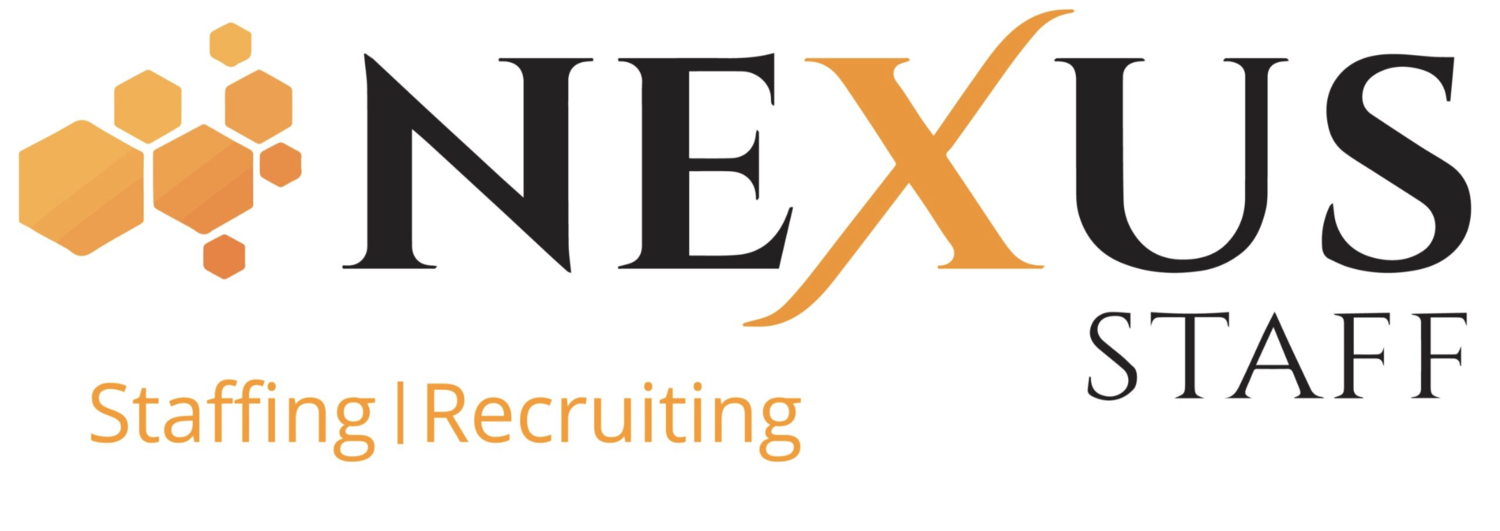Job Seeker Frequently Asked Questions: Interviewing
Landing an interview is a huge step in the hunt for a new job, but like any seasoned job seeker knows – this is just the beginning. With a potential interview coming up, there may also be some uncertainties that arise regarding what will be asked, proper etiquette on following up after the meeting, and of course, how to prepare for the big day. If these concerns sound familiar, you’ve come to the right place! Find all of your answers to frequently asked interview-related questions below.
When should I schedule my interview?
While there might not be an exact day of the week or time slot that is considered the “perfect interview time” there are a few tricks you can follow in order to ensure your interviewer is making the most well-thought out decision. If a recruiter or hiring manager has reached out for your availability, keep in mind:
Your schedule and energy level: Think about your own personal schedule and daily habits. This means as you work toward choosing the best possible time of day for your interview, think realistically about the amount of time it will take you to prepare for the interview and ensure that you actually will be able to meet with the interviewer at your scheduled time, rather than choosing a time that just works on paper. In addition, think about your own energy levels throughout a typical day. For example, if you’re not much of a morning person, it wouldn’t make sense for you to schedule your interview bright and early for the sake of getting the interview over with. Likewise, if you tend to hit a mid-day slump after lunch or right before the end of the day, it wouldn’t be very beneficial to set up an interview during one of these times. Instead, base your ultimate decision on when you are the most alert and focused throughout the day.
Your interviewer’s schedule: Try to avoid what you think would likely be the first or last times that the interviewer has available. For example, steer away from setting up a meeting first thing in the morning or late in the evening. In addition, try to avoid scheduling an interview that conflicts with or percedes lunch as this can mean scheduling a meeting with an interviewer who is distracted or lacking energy because they are too hungry to focus.
Should I send a follow-up email after my interview?
Keeping in touch after a job interview ensures your potential employer knows you are interested in the role and appreciate the time they have set aside to talk to you. Keep this fact in mind when considering these typical follow-ups:
Sending a thank-you: After completing your interview, you will want to be sure to send thank-you notes to anyone you spoke to. This doesn’t necessarily need to be a lengthy note, but a simple email with details and topics you discussed in the interview can go a long way in showing the interviewer you were paying attention and continue to have interest in the role.
If you haven’t heard back: Typically, if you have not heard back from an employer after five to seven business days following an interview round, it is then appropriate to follow up regarding the next steps. Be sure to highlight your own interests or skills that will benefit you in this role and ask if there is any further information you can provide in order to move the process along.
What will I be asked during my interview?
Each interview is different, which means each one you participate in will have different questions being thrown your way. However, throughout the interview process – and especially early on – it’s likely you will come across commonly asked interview questions which focus on your past experiences, worth ethic, interest in the role, and future aspirations.
To prepare for these general questions, research specific questions for the job title you are applying for or common questions that the company asks in general. Read through previously asked questions and reviews on the company’s Glassdoor profile to see what other interviewees are saying about the questions asked. Rehearse your answers to these questions ahead of time but be able to throw in specifics when needed.
How do I discuss a hard topic during my interview?
First and foremost, it is important to remember that despite your situation, if you are being invited for an interview, it’s a good sign that the employer sees you as a potential fit for the role and wants to learn more about you. In other words, you should not let your uncertainty or past experiences hold you back. Instead, answer any questions regarding the situation with an honest reply which focuses on the positives rather than the negatives. Next, remember that it may not be necessary to bring up your situation unless you are asked.
If you have a gap on your resume: An employment gap on your resume does not necessarily mean you were not busy during that time. When it comes to discussing this in your interview, be honest in your answer and again, focus on the positives. Perhaps you took some time off to focus on finishing your degree or even to take care of an important family matter. Whatever your reasoning, explain how you benefited from the break and are now ready to jump back into the workforce.
If you’ve decided to change career paths: Making the decision to switch career paths can be difficult to discuss through your interview. You may feel skeptical about discussing your lack of experience or ability to perform in unfamiliar territory. However, it’s important to acknowledge these possibilities while highlighting your unique experiences and transferable skills.
If you were fired from your previous position: While discussing a termination during your interview, it’s important to keep your explanations honest and concise. Without over-explaining your situation, share what you learned from the experience and how it made you into the candidate you are today.
How can I prepare for my interview?
Being prepared for an interview shows you are an organized and determined individual ready to learn more about your potential future employer. In order to properly prepare, you’ll want to research the position, the organization, and anyone you will be interviewing with in order to have a clear understanding of the job duties and how they align with your skills or previous work experience.
If you will be participating in a virtual interview, be sure to find an appropriate space to complete the interview that is free from any distractions. Test all of your technology beforehand and ensure you have a backup plan in the event that anything goes wrong.
For in-person interviews, be sure to bring copies of your resume for each interviewer and any work samples if applicable.
Additionally, consider figuring out specific logistics, such as the clothes you will wear and how you will get to the interview, ahead of time rather than waiting to think about these details day-of.
Finally, relax! Do not let your interview nerves get the best of you. Go into your interview with confidence and determination.
If you’re feeling overwhelmed with the interview process, you’re not alone. Luckily, our team of experienced recruiters is here to help guide you. Contact Nexus today to learn more and get started on finding your next role.







